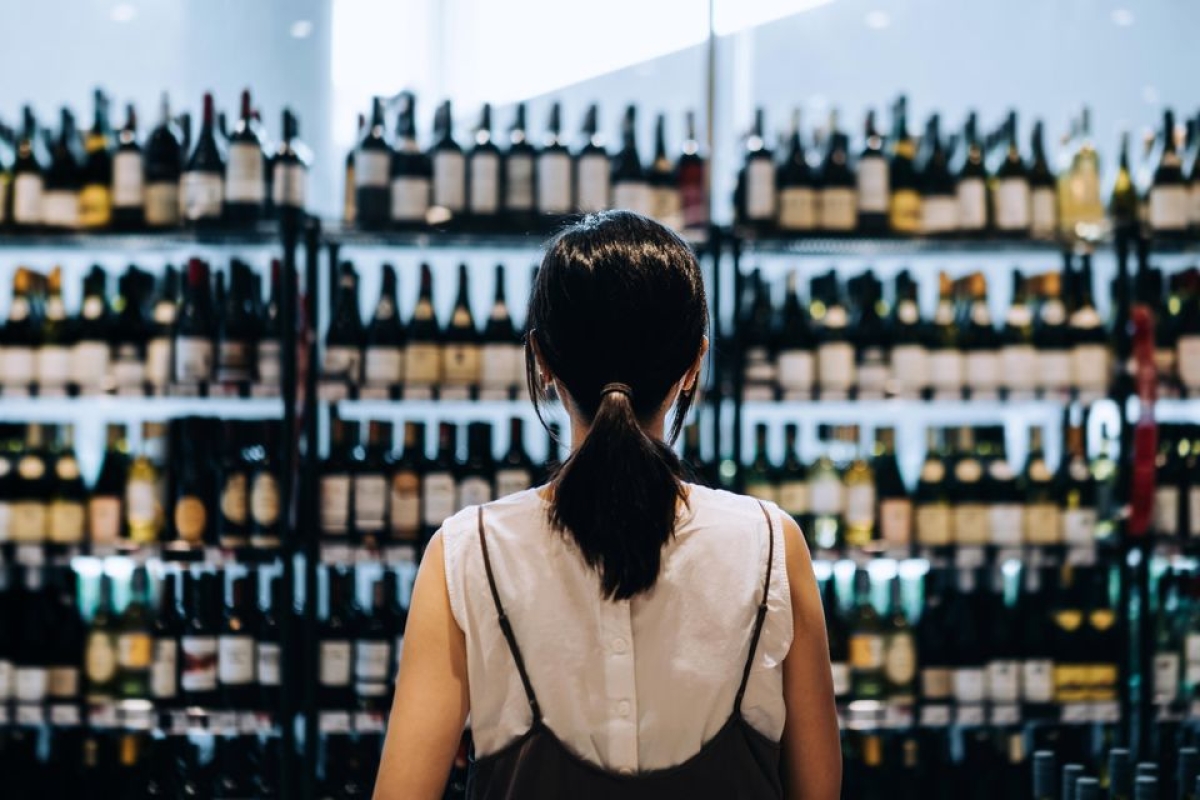The Sri Lankan government's aggressive tax hike on liquor and tobacco in 2023 has yielded a mere 4% increase in revenue, despite an ambitious 40% increase in excise duties. The move, aimed at bolstering tax revenue, has raised questions about the effectiveness of such taxation strategies.
According to official statistics, despite a 40% tax surge, the Excise Department's revenue only reached LKR 177 billion, reflecting a modest 4% increase from the previous year's LKR 170 billion.
The tax hike, implemented in two stages (20% in January and an additional 20% in July), resulted in an initial 35% decrease in expected excise revenue during January and February.
The unexpected outcome is particularly notable given the economic challenges of 2022, marked by lockdowns and economic turmoil, which had already impacted liquor sales.
The disappointing results indicate that continually escalating excise duties may not necessarily translate into higher government revenue, as anticipated by policymakers.
As legal alcohol and tobacco prices soar, there is a growing concern that consumers may turn to illegal and unsafe alternatives, such as Kasippu, bedi, and cannabis, posing potential health and societal risks.
The need for a well-informed and data-driven strategy in pricing these products is emphasized by experts, as blindly pursuing higher taxes could lead to counterproductive outcomes and additional challenges that the government may need to address in the future.










